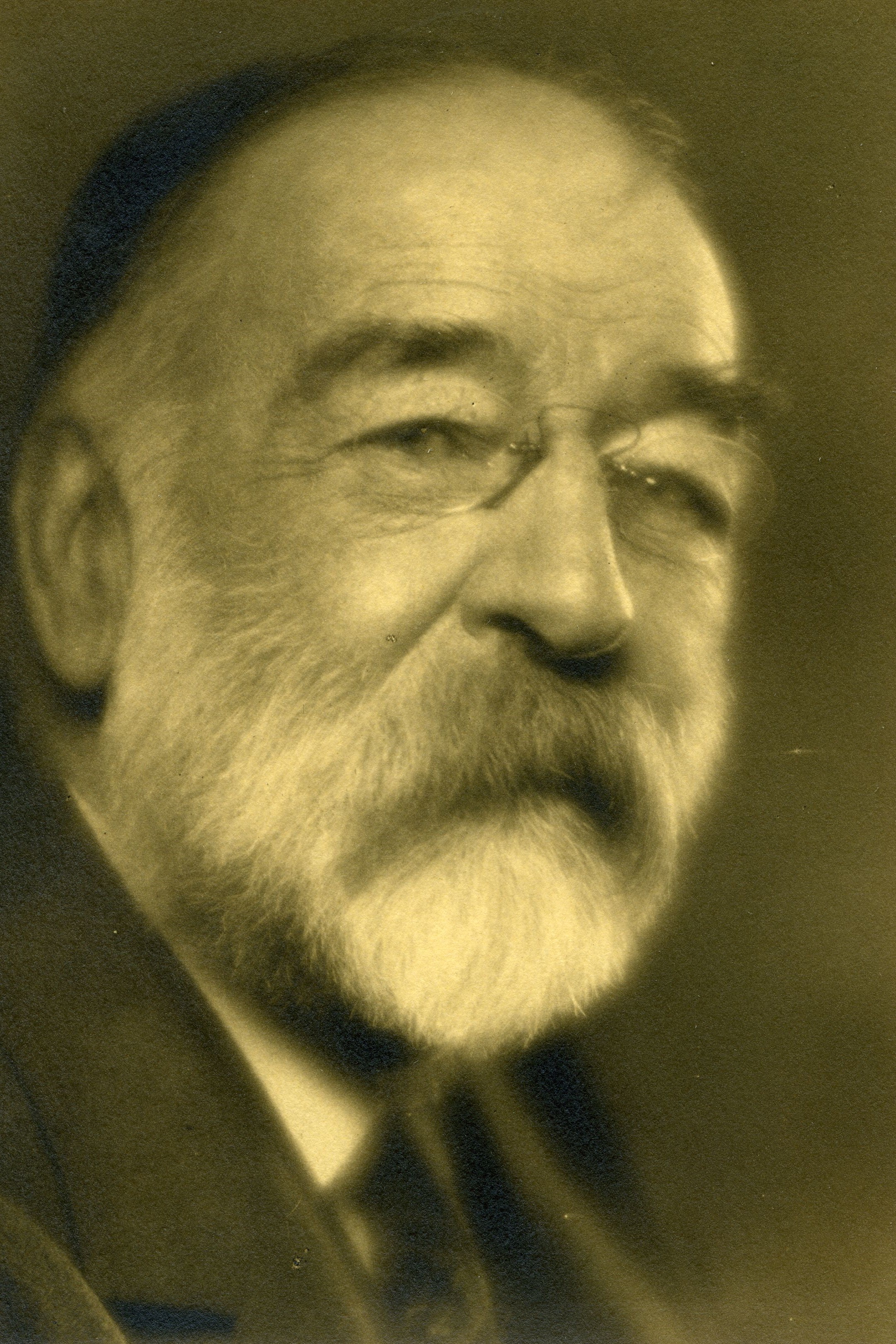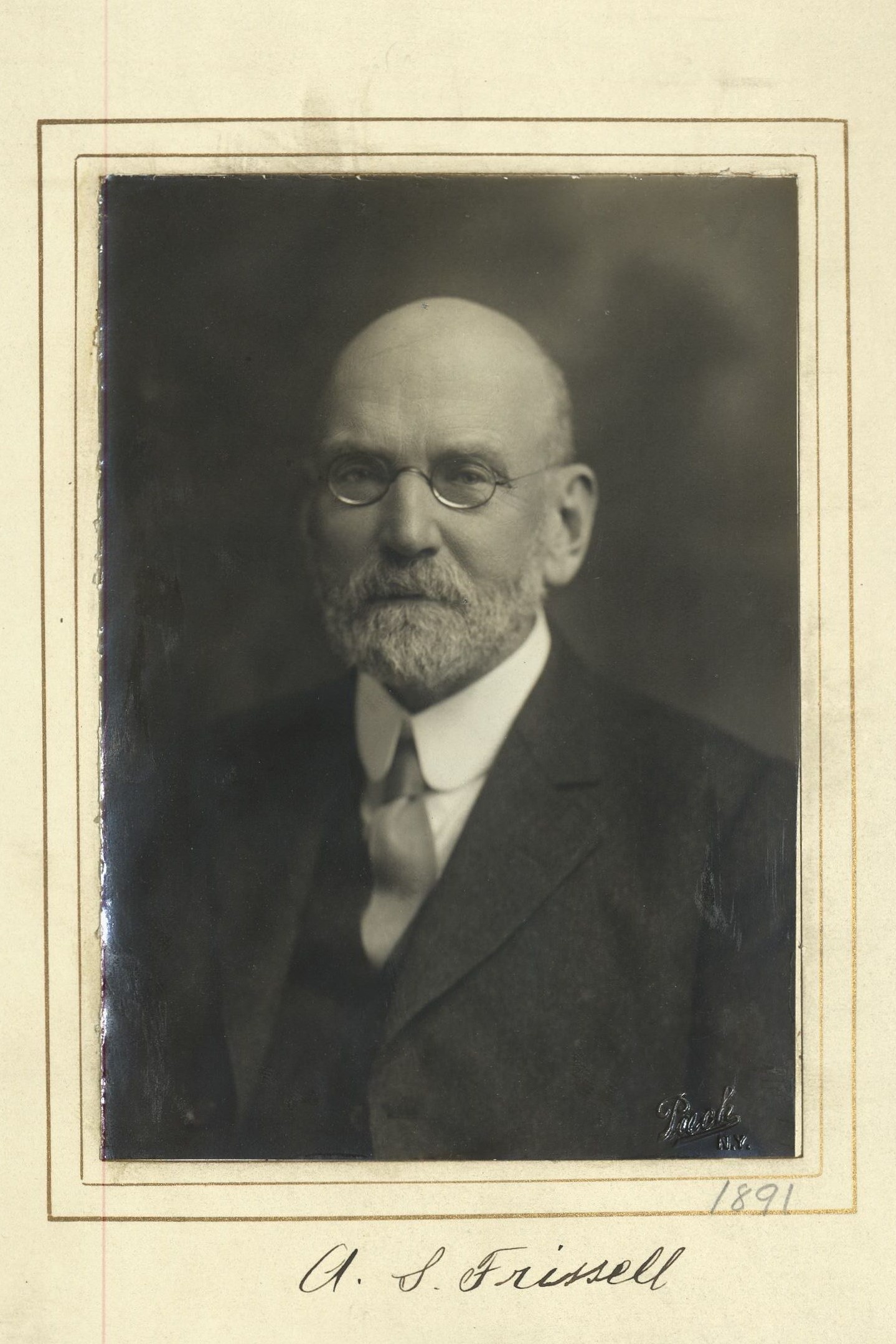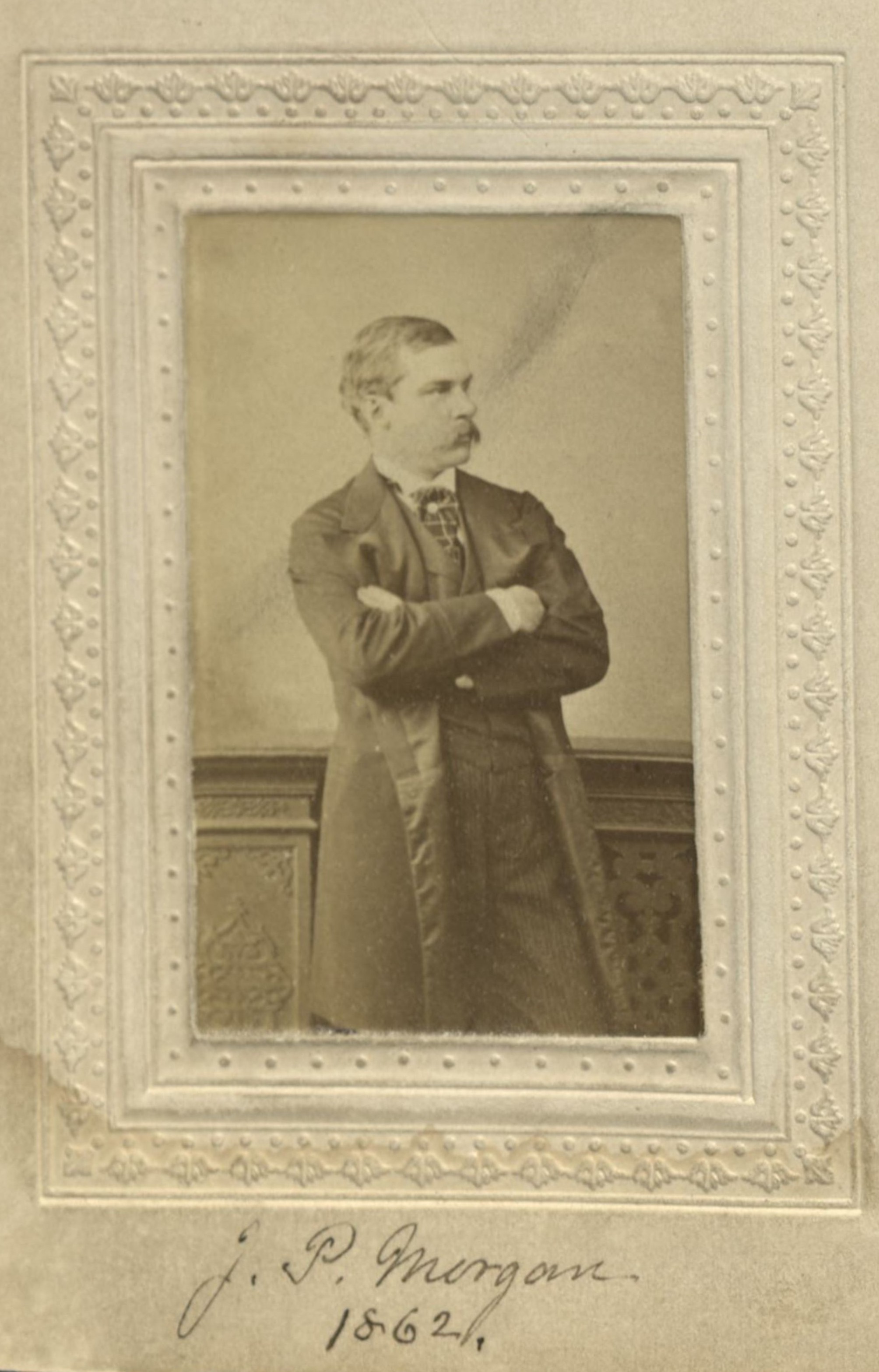Member Directory,
1847 - 1922
William H. Porter
Banker
Centurion, 1916–1926
Francis Lynde Stetson and Howland Davis
Middlebury, Vermont
New York (Manhattan), New York
Age fifty-five
Bronx, New York

Century Memorial
The simplicity of manner and habitual self-effacement of William H. Porter left some even of his friends in ignorance of his very high qualities. Like many of the younger bankers of the period, he made his first mark on the profession in 1899 and 1900, when American finance rose suddenly to international prestige, American industry applied itself to co-ordination and expansion, and American banking engaged in strengthening for that purpose the foundations of the credit system. It was a chapter in our financial history which foreshadowed and anticipated, to an extent which economic study has not yet wholly determined, the epoch-making reversal of our position in the economic world that came with 1915 and 1916. The Federal Reserve and the reform of the currency were still on the remote horizon; the country’s banking structure was still destined to be subjected to another of those formidable shocks which for a moment threatened the whole edifice. Nevertheless, the supports which had been constructed underneath, mostly by the younger Captains of Banking at the beginning of the century, certainly averted the worst of the New York crisis of 1907 and probably prepared the way, as it could not have been prepared in the nineties, for a Reserve system which should carry the country’s financial fortunes unshaken through the strain of war.
Porter’s financial credentials were of the best. In common with many other younger bankers who had a hand in that day’s achievement, he was an alumnus, so to speak, of that remarkable banking institution of which our fellow-Centurion Frissell was the leading spirit, and of which the Wall Street of 1900 used to speak as “the training-school of bankers.” He was himself a financier not only of clear vision but of energy so absolutely unsparing that he impaired his health in personal night-and-day work in modernizing the Chemical Bank, when he became its president. From that work in the field of national banking, performed with notable success, he was called to partnership in J. P. Morgan & Co., where his intimate knowledge of banking and his accurate insight into investment problems made his judgment of the highest value. He lived to take personal part in the stand of the United States for maintenance of gold payments during the crisis of 1914, in our immensely effective financing of the Entente Allies, and in the entry of the country into its new place as the banking centre of the world.
Alexander Dana Noyes
1927 Century Association Yearbook




